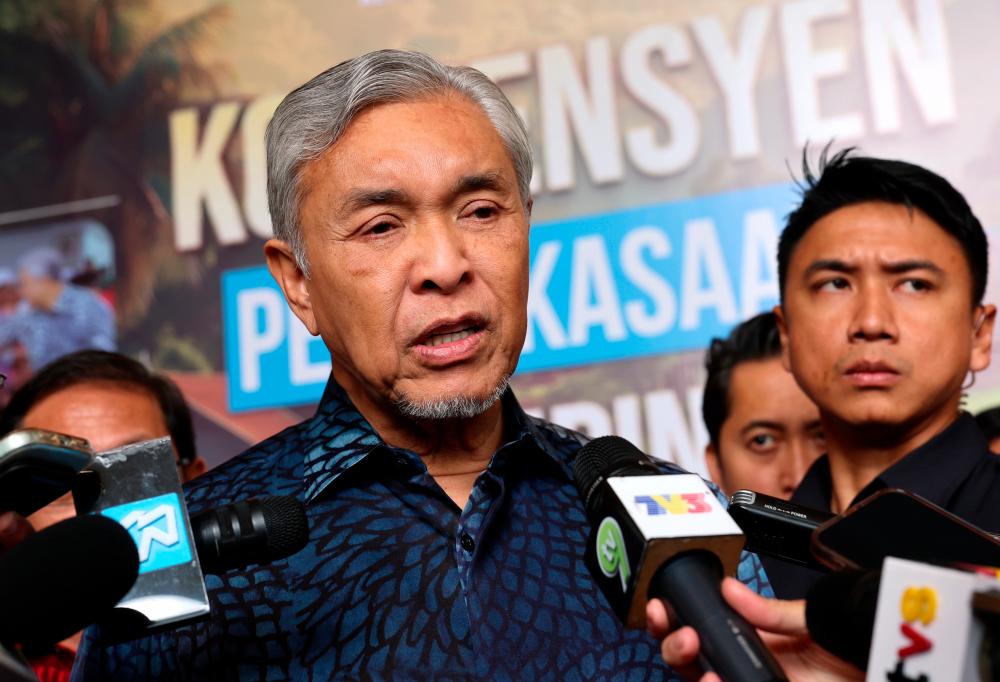BANGI: Deputy Prime Minister Datuk Seri Dr Ahmad Zahid Hamidi has urged the Malaysian Civil Defence Force (MCDF) to study best practices from other countries to enhance the nation’s civil defence capabilities.
Ahmad Zahid, who is also the Minister of Rural and Regional Development, said that Switzerland was among the countries that could serve as an example, having successfully established a network of shelters to ensure protection for its population.
“Besides that, they have also enacted laws mandating the integration of nuclear shelters into every new building constructed.
“With over 8.6 million shelter spaces available, they demonstrate how strategic planning and foresight can strengthen a nation’s resilience,“ he said in a speech at the MCDF Annual Appreciation Dinner held yesterday.
His speech was read by Deputy Works Minister Datuk Seri Ahmad Maslan.
Ahmad Zahid added that the MCDF could also learn from Indonesia and Turkiye, as these developing economies faced a range of natural and man-made challenges.
Expanding on this, he noted that Indonesia had invested heavily in disaster risk management, with an emphasis on empowering local communities.
Meanwhile, he said Turkiye has made significant strides in enhancing its disaster preparedness through a combination of public education campaigns, legislation, and infrastructure investments.
“Through examples from the countries I mentioned, I urge the MCDF to continue acting proactively by studying the best practices implemented by these and many other nations to tailor them to our country’s context and realities.
“If we can undertake this effort, insya-Allah we can build a civil defence system that not only protects but also assures the people that we are prepared to face any challenge,“ he said.
Ahmad Zahid also expressed hope that the MCDF would enhance its collaboration with the public by increasing the number of public awareness programmes related to disaster threats and safety.
“In emergency or disaster situations, cooperation between security personnel and the public is crucial for a swift and effective response, offering significant advantages, particularly in overcoming security challenges more effectively,“ he explained.









